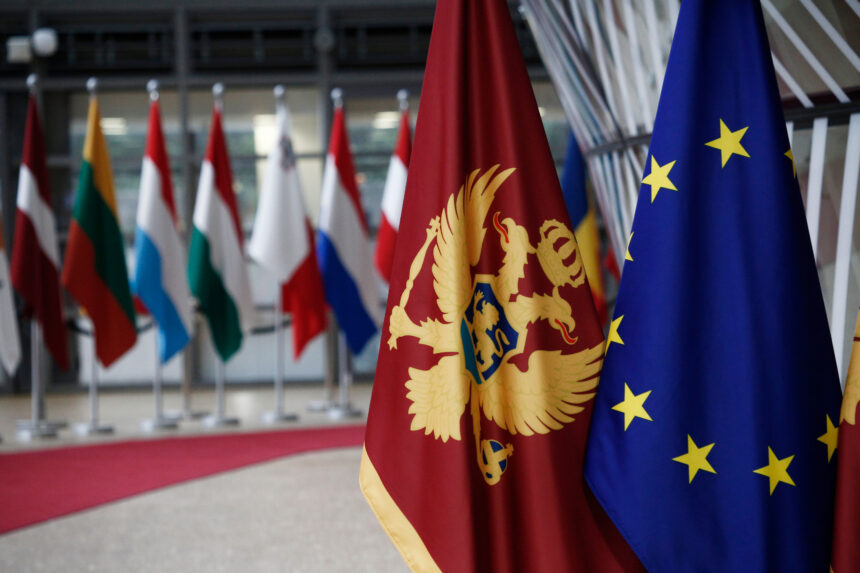The European Commission’s draft progress report for Montenegro emphasizes that a swift judicial resolution of the case concerning the appointment of Boris Raonić as director of Radio-Television of Montenegro (RTCG) is crucial to ensure the public broadcaster fully complies with the law and adheres to the highest standards of professional integrity and accountability.
The draft report notes that ongoing court proceedings challenging the legality of Raonić’s appointment raise concerns about transparency and adherence to legal procedures. In November 2024, the prosecution filed charges against members of the RTCG Council for alleged abuse of office during the appointment, and the case remains pending.
The report also highlights that the Parliament of Montenegro has yet to appoint members of the Council of the Audiovisual Media Services Agency (AMU), a delay that could affect Chapter 10 negotiations in Montenegro’s EU accession talks. While three new RTCG Council members were appointed in July 2025, the Parliament repeatedly failed to fill AMU positions, including canceling and reissuing the selection process multiple times.
The Commission praises the June 2024 media law reforms for granting RTCG sufficient institutional and financial independence and aligning national media legislation largely with EU acquis. However, full implementation of transparent and merit-based appointments is still required to secure the proper functioning and independence of both RTCG and AMU.
Press Freedom and Journalist Safety
The draft report underscores Montenegro’s continued commitment to zero tolerance for violence against journalists, noting prompt institutional and police responses to cases of harassment and threats, including physical attacks in 2024 and 2025.
Ongoing investigations include the attack on investigative journalist Olivera Lakić (2018) and recent incidents involving journalists from local media outlets. Despite official condemnations of violence, the report notes that verbal attacks by public officials and political parties against media workers persist.
Media Independence and Financial Sustainability
The draft highlights positive steps in media self-regulation and increased state funding following the 2024 media law. Membership in the Media Self-Regulation Council grew from 17 to 75 media outlets. However, collective agreements are still pending, and journalist salaries remain below the national average.
The report calls for full implementation of new media legislation, especially regarding public financing and the establishment of a public media registry, while ensuring that future legal changes do not undermine the independence of RTCG or AMU.
The European Commission stresses that Montenegro must continue aligning national media law with the EU Media Freedom Act and ensure timely appointments to AMU, preserving both editorial and institutional independence.







